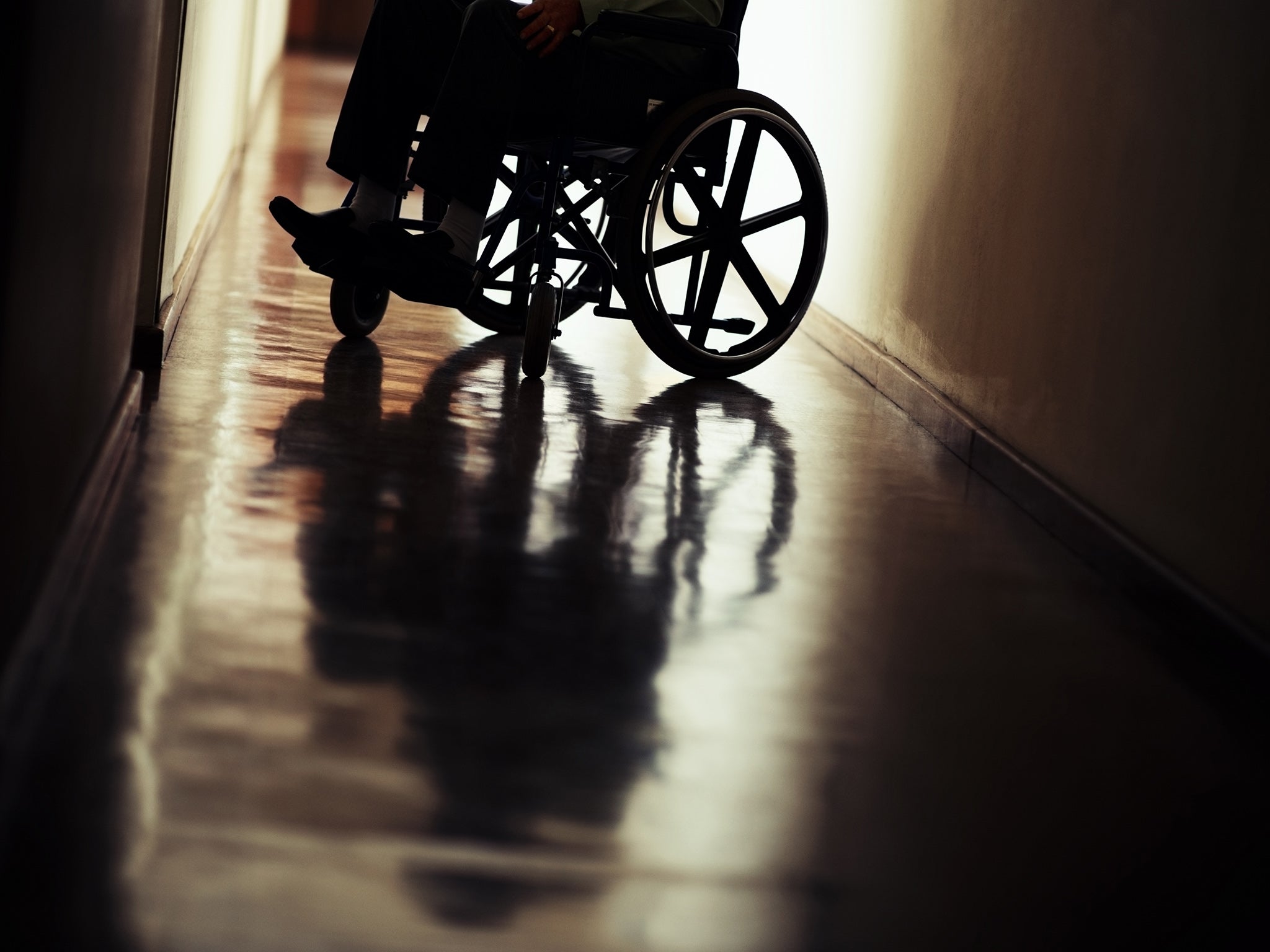Dying man with MND gives evidence against sex abuser using eye motion software in court
Victim did not live to see justice done, dying in a hospice on the day of the guilty verdict

A former church choir boy dying of motor neurone disease has been able to give evidence in court against his childhood abuser using eye-tracking technology in what is believed to be the first time in British legal history.
Cyril Rowe was convicted of three counts of indecent assault dating from between 1979 and 1981 when he was serving as at St Matthias Anglican church in Stoke Newington on Wednesday and is due to be sentenced on 10 March.
His victim, who cannot be named for legal reasons, was paralysed by Motor Neurone disease and gave evidence to Bournemouth Crown Court – where Rowe now lives – via video link from his hospice bed in Streatham, south London.
He was using a piece of eye-tracking equipment called Eyegaze, which is similar to that which fellow MND sufferer and physicist Stephen Hawking uses to communicate, during his cross examination for the first time in a British court.
But sadly the 47-year-old did not live to see justice done as he died just before a Metropolitan police officer arrived at his hospice to deliver the news of the guilty verdict.
The case was first reported to the police in August 2015 and Rowe, 78, was charged in January last year. His victim was between nine and 11 years old at the time.
Dame Joyce Plotnikoff, a criminologist who helps vulnerable people give evidence in court, told the Guardian: “The court tested this witness’s evidence through use of technology and the involvement of an independent intermediary who assessed his ability to communicate and read out his answers.
“Even in these straitened times, the system can provide access to justice to those with communication needs.”
A spokesman for the Crown Prosecution Service added: “Mobility or health issues need not be a barrier to witnesses giving their evidence in court.
“The CPS will always do everything we can to ensure victims and witnesses can give their best evidence, including using the latest technology.”
Subscribe to Independent Premium to bookmark this article
Want to bookmark your favourite articles and stories to read or reference later? Start your Independent Premium subscription today.
